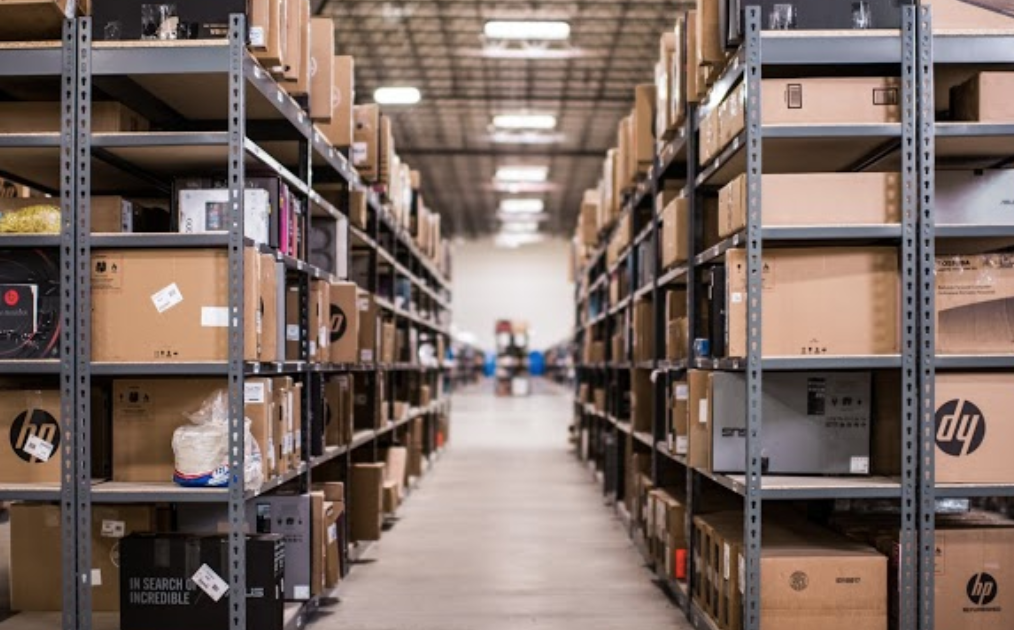
As the holiday shopping season ends and return season begins, customers might not realize that many of those items they send back could end up in landfills across the country.
Tobin Moore is one of the founders of Optoro, a D.C.-based startup that, since 2010, has been helping retailers process returns more effectively using their software. In 2015, the company opened a massive warehouse in Mt. Juliet to handle returns directly.
“Retailers don’t have great ways to process them [returns] or technology that can handle the complexity of returns coming back today,” says Moore. “It ends up totaling over 5 billion pounds of waste a year in the United States.”
Dealing with returns can be costly for corporations. In 2015, more than $260 billion worth of items were returned, according to the National Retail Federation.
In the past, items that were no longer on the shelf or had been opened would often end up being sold to liquidators for pennies on the dollar. Those items later ended up in discount stores like Big Lots or Dollar General, or flea markets and thrift stores.
But many were simply trashed.That impact on the environment concerned Moore.
“Our mission is to make retail more sustainable by connecting all these return and excess goods to their best homes and keeping them out of landfills,” says Moore.
The Mt. Juliet warehouse, which employs more than a hundred local workers, can process close to a quarter million items on any given week.
Optoro doesn’t publicly name its clients, but they include a number of big box retailers.
Once they arrive at the warehouse, each item is carefully inspected for quality. A weaving network of conveyor belts, pallets and shelves holds all kinds of items, big and small — blenders, Lego sets, designer purses, big screen TVs, golf clubs.
A whole section is dedicated to quality control. Because there are so many kinds of items, employees depend on the company’s proprietary special software to tell them exactly what to look for.
After an item’s quality is recorded, it is either sent to another section for refurbishing or sold as is. Optoro’s software program checks real-time pricing for items of similar quality.
Moore says it lets them know immediately “what is it worth if you were to resell it online, on eBay or Amazon or our own website blinq.com. What it would be worth if you sold it through wholesalers.”
The items are automatically routed wherever they will fetch the best price. If an item is not worth repacking or reselling, Moore says it is donated to charity rather than thrown away.
So far, he says, they’ve helped retailers double and triple what they’d normally make back on a returned item. But more importantly, he says those savings allow them to give working items another life so that they don’t end up in a landfill.

